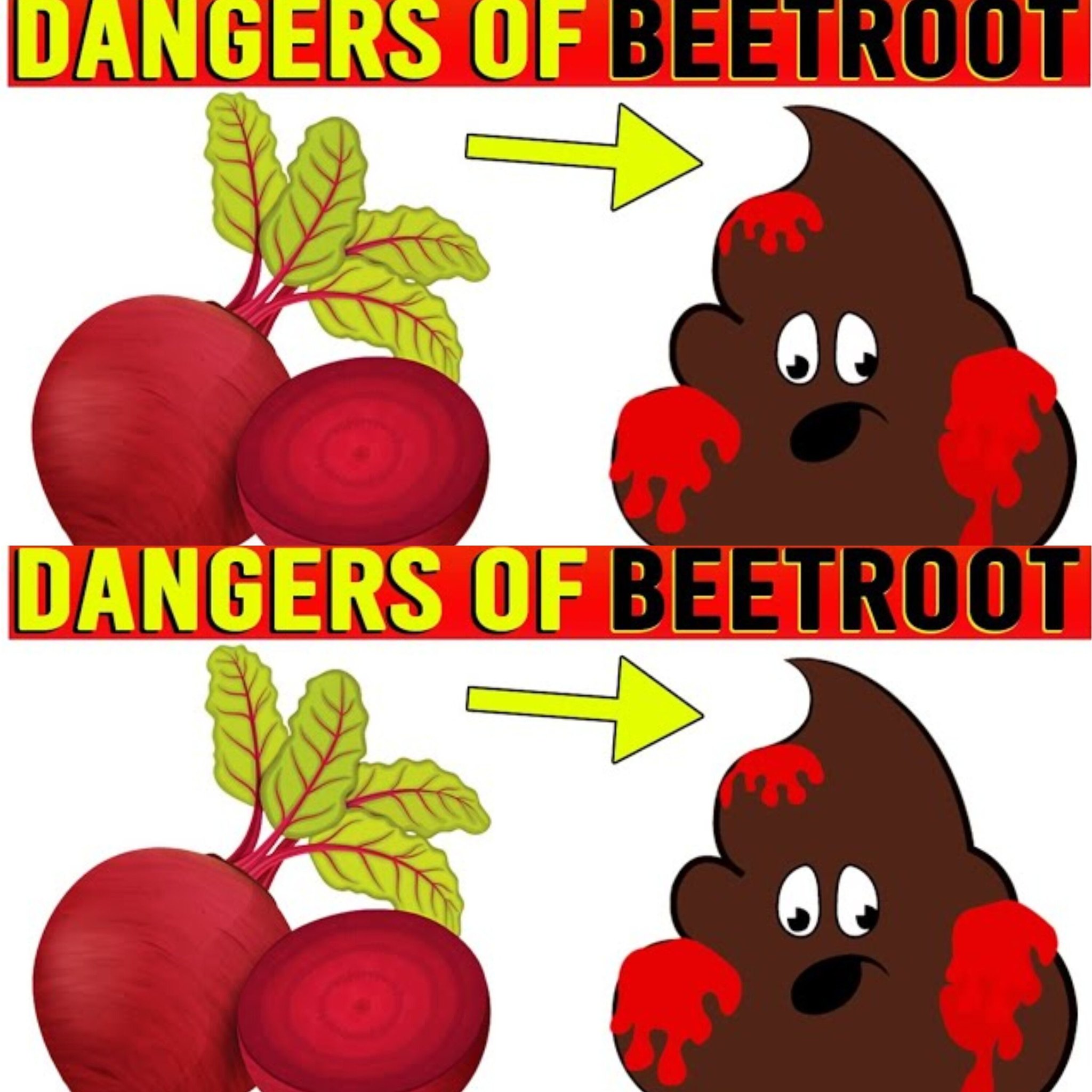Seven Beetroot Side Effects You Should Be Aware of Before Including It in Your Diet
Beetroot is an extremely nutrient-dense vegetable, with a high concentration of vitamins, minerals, and antioxidants. Consuming it in excessive amounts or under particular circumstances may result in certain adverse effects, despite the fact that it has a number of positive impacts on health. Here are some potential drawbacks that you ought to be aware of before including it into your diet on a much more consistent basis.
Possible Cause of Kidney Stones
The high oxalates content of beetroot can play a role in the production of kidney stones in individuals who are predisposed to developing them. In the event that you have a track record of kidney stones, it is recommended that you consume beets in moderation.
Can Reduce Blood Pressure to an Excessive Degree
Because of the nitrate content of beets, they make a natural contribution to lowering blood pressure. If you are already using medicine to control your blood pressure, eating an excessive amount of beets may induce a severe drop in your blood pressure, which may result in dizziness or even fainting.
It is possible for urine and stool to turn pink or red.
Beetroot can cause a condition known as beeturia, which is a condition in which your urine or stool may appear pink or crimson. This is a harmless but surprise effect of beetroot. This is not a harmful situation; nonetheless, if you are not anticipating it, it may leave you feeling uneasy.
Is Known to Cause Stomach Problems
It is possible for some individuals to feel bloating, gas, or stomach cramps after taking beets, particularly those individuals who have a digestive system that is overly sensitive. Beets contain a significant amount of fiber, which, if consumed in excessive amounts, can cause pain in the digestive tract.
Could Have an Impact on Blood Sugar Levels
Despite the fact that they have a low glycemic index, beets have a naturally high natural sugar content. Due to the fact that consuming them in big quantities might result in an increase in blood sugar levels, it is essential for individuals who have diabetes to keep a close eye on how much they consume.
Possible Reactions that are Allergic
Beetroot can cause allergic responses in some people, which can manifest as symptoms such as itching, hives, or swelling. These reactions are uncommon, but they can occur. In the event that you experience any adverse responses after consuming beets, it is better to steer clear of them.
Potentially Interferes with the Absorption of Calcium
Because of the high oxalate content in beets, they have the potential to decrease the body’s ability to absorb calcium. If this is not balanced with other meals that are high in calcium, it may have an adverse effect on bone health over time.

